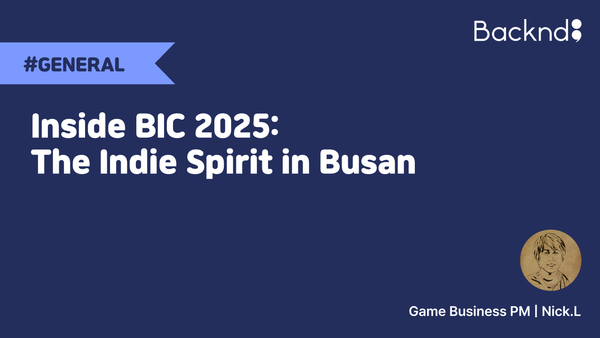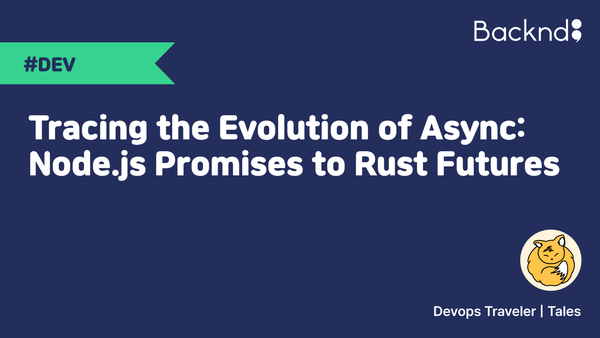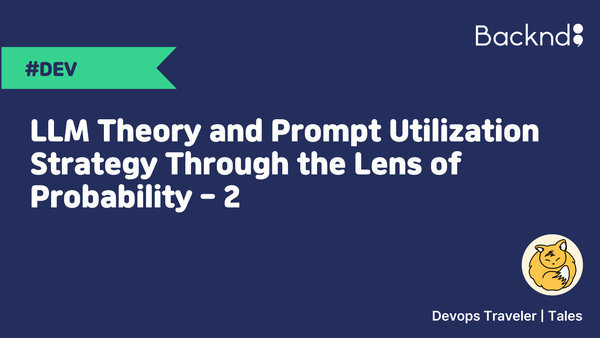Three Key Insights for B2B SaaS PMs Preparing for Global Expansion
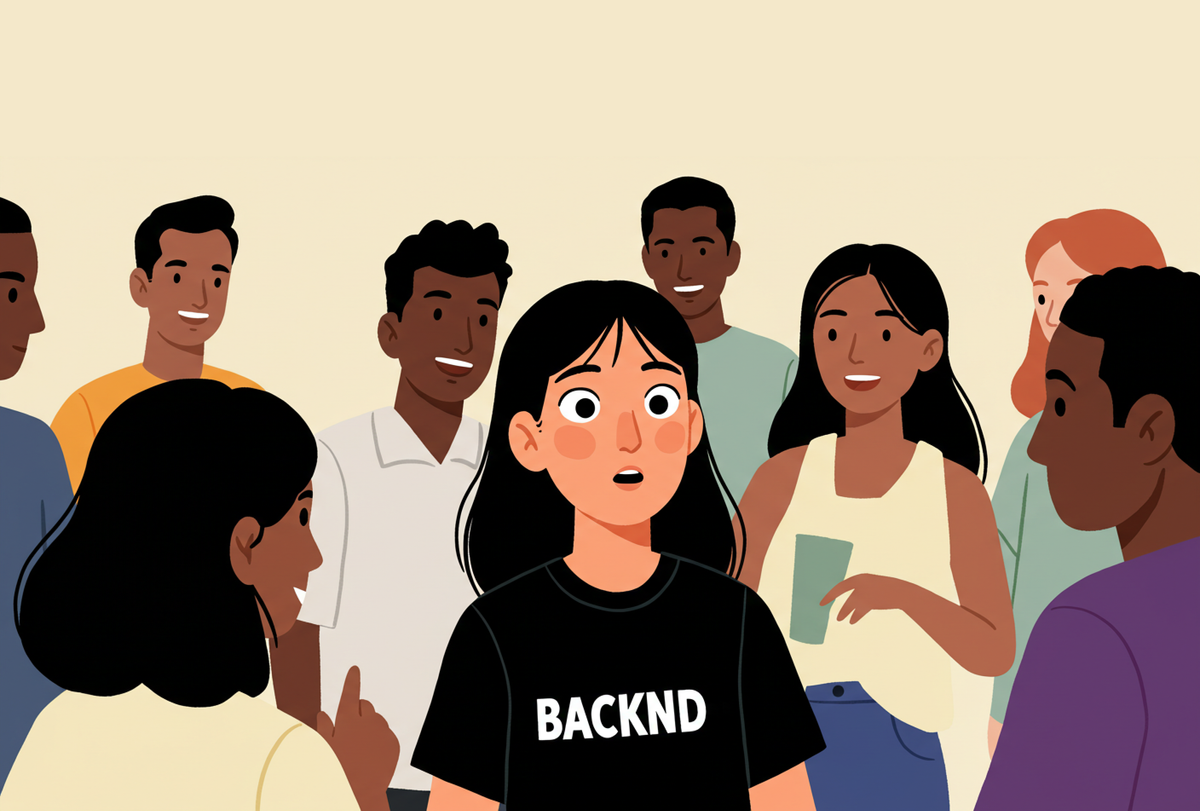
Written by BACKND Product Manger Sunny, 18 April 2025
Conversations That Start with "People"
When I first prepared for an overseas business trip, my head was filled with one goal: “Let’s promote our product to the global market.” I memorized technical pitches, highlighted our competitive edge, and focused solely on product features.
But once I stood at our booth, the first questions I received weren’t about the product at all:
“Where are you from? Wow, that’s far! How long was the flight?”
“Did you try Kölsch? Have you seen the Cologne Dome?”
“How’s your experience at Gamescom so far? What stood out the most?”
I came ready to talk about our product—but people were more curious about me. That’s when I realized: entering a new market ultimately means connecting with the people there.
In this post, I’ll share three unexpected situations I faced during my first overseas business trip, and how they expanded my perspective as a PM. If you're on a B2B SaaS team considering global expansion, I’m sure many of these points will resonate with you!
1. “Conversations Before Code” – The Cultural Shock of Small Talk
The first day left me confused. I was there to explain our product, but all I got were questions about countries, flight times, and Cologne trivia. I honestly started wondering, “Why is no one asking about our product?”
That night at the hotel, I memorized small talk phrases and changed how I started conversations the next day. Surprisingly, this led to more natural and meaningful discussions—about our product, too.
Why did this happen? Looking back, I realized small talk wasn’t just idle chatter—it was a crucial first step toward trust. Here are three reasons why:
First, it’s a matter of cultural difference.
Second, we are strangers in their space. Not in terms of race, but as newcomers. Small talk was a way to show we were trustworthy people—not just sales reps. Information is delivered, but trust is built through conversation.
Third, these interactions are simply more memorable. Technical specs fade fast, but a friendly moment sticks. For instance, bonding over K-pop and discovering that “the Gentle Monster branded game featuring Black Pink Jennie was built with BACKND” created a much stronger impression than a simple product pitch.

Your first conversation starts with people, not products. Prepare for cultural communication as seriously as your product pitch.
2. When ‘Game Server’ Got Lost in Translation — A Lesson in Redefining Our Core Value
In Korea, saying “game server” makes our product easy to understand. But overseas, introducing ourselves as a “Game Server company” led many to mistake us for a server hosting provider.
So we ran A/B tests on the fly. I printed several candidate phrases on sticky paper and stuck them to my T-shirt, asking each developer we met:
“English isn’t our native language—can we get your help?
(pointing at the shirt) Which phrase best describes what we do?”
To our delight, many happily participated—One developer we met was particularly enthusiastic and even suggested a phrase himself. As it turned out, he had worked on the localization system for the game Stardew Valley.
Their recommendation was:
“Backend Services for Online Games”—short, clear, and helpful.
But the phrase we ultimately went with was:
“Backend API and SDK for Online Games.”
It accurately conveyed what we offer, who it’s for, and how it works—all in one sentence.
We immediately printed and taped it on our booth wall. It wasn’t the prettiest, but better a slightly rough message than a perfectly designed miscommunication.
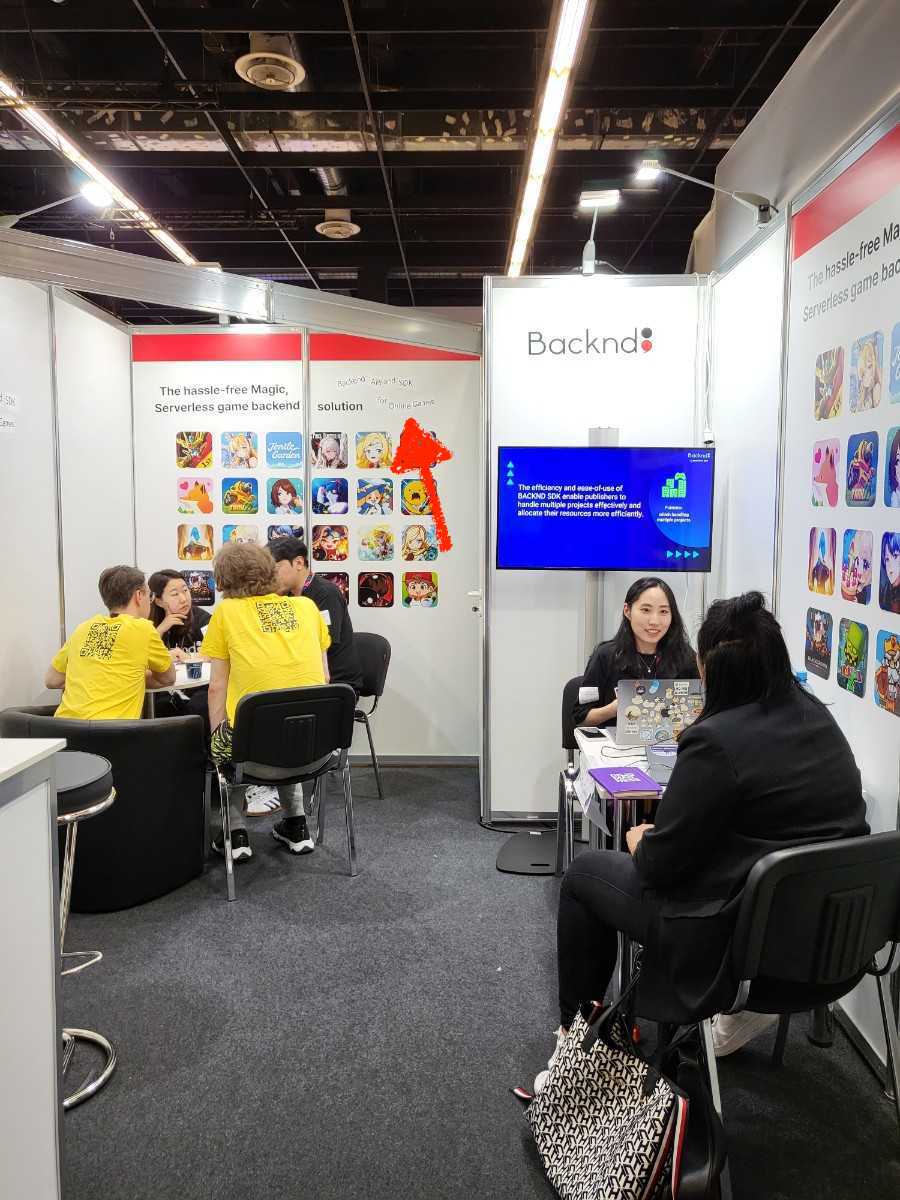
A phrase that worked in Korea may not land globally.
Make sure it clearly conveys the pain point you’re solving for your customers.
3. “Different, But Not Really” – Breaking Cultural Stereotypes
We met developers from diverse cultural and religious backgrounds. As someone not often exposed to such diversity in Korea, I admit I felt a bit nervous at first.
But I learned that differences in faith or culture don’t prevent connection. These developers were passionate about games and driven by the joy of sharing creativity—especially indie developers. That passion? It’s universal.
There’s one thing we always remembered:
When eating with developers from worldwide, it’s best to first ask about any dietary restrictions—whether vegetarian, no-pork, or halal. A small act of thoughtfulness can go a long way in building trust.😉
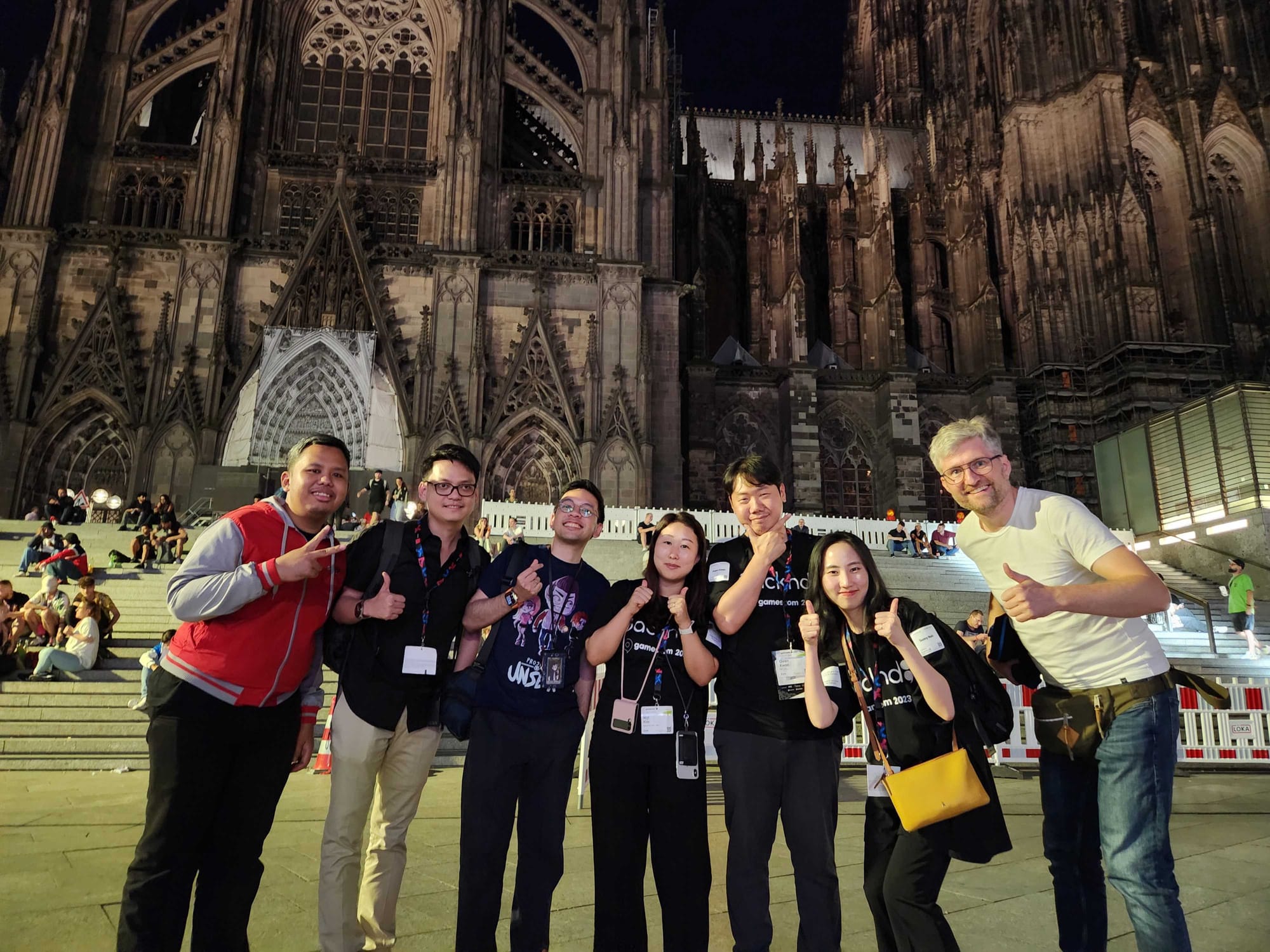
Cultural backgrounds may differ, but shared passions connect us deeply.
Respect builds trust—always ask first: “Is there anything you can’t or you don't want to eat?”
Summary: For Teams Preparing to Go Global
This overseas trip wasn’t just a marketing opportunity. It was a live testing ground where we learned how our product is perceived, what our customers are curious about, and what blind spots we ourselves held.
Here are three lessons I’d share with any B2B SaaS team preparing for global expansion:
- Prepare for genuine human conversation, not just product pitches.
- Find ONE sentence that explains your value clearly and globally.
- Drop your assumptions, but always ask what they can’t eat. (Because food is precious. Seriously.🍽️)
Going global isn’t just about expanding your market, it’s about expanding your perspective. For your product to truly be meaningful around the world, it’s not enough to translate the language. You must deliver meaning with empathy, trust, and clarity.
I hope this story becomes a small compass for another PM taking their first step into new territory. ♥️

© 2025 AFI, INC. All Rights Reserved. All Pictures cannot be copied without permission.

![[External Essay] Gamescom 2025 Interactions](/content/images/size/w600/2025/09/------1.png)
